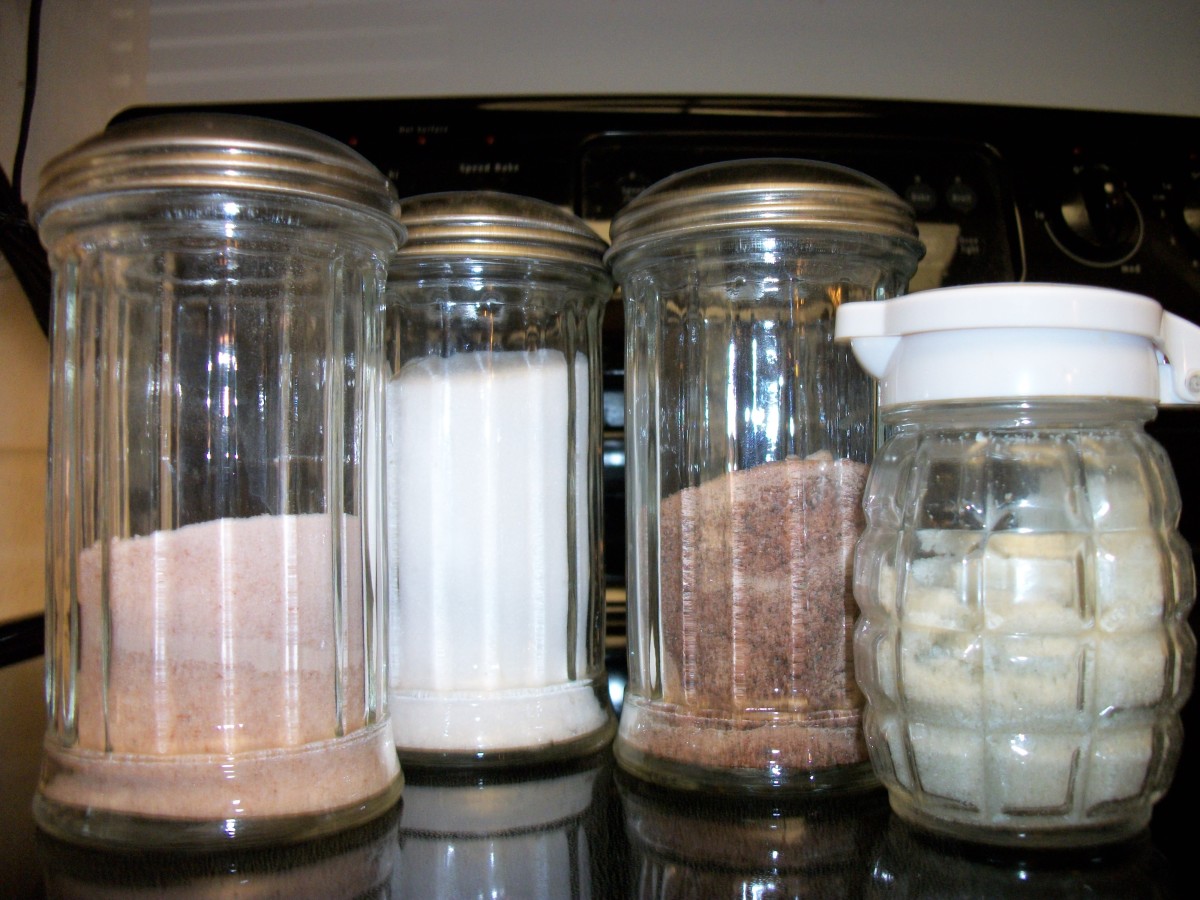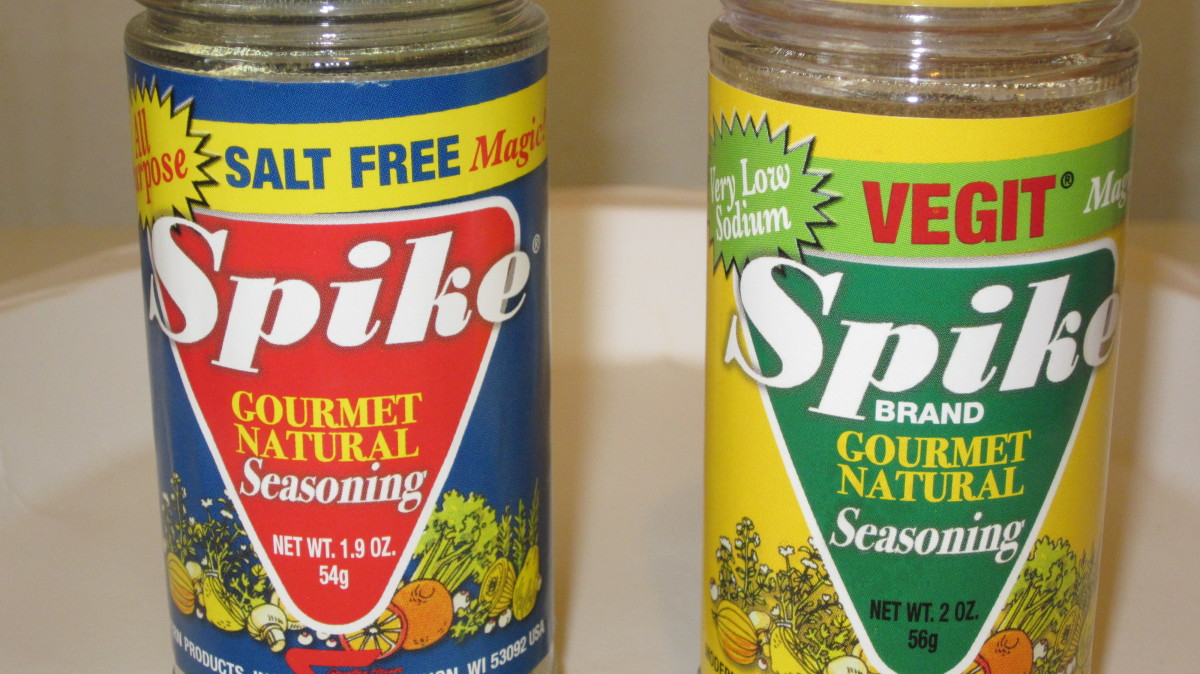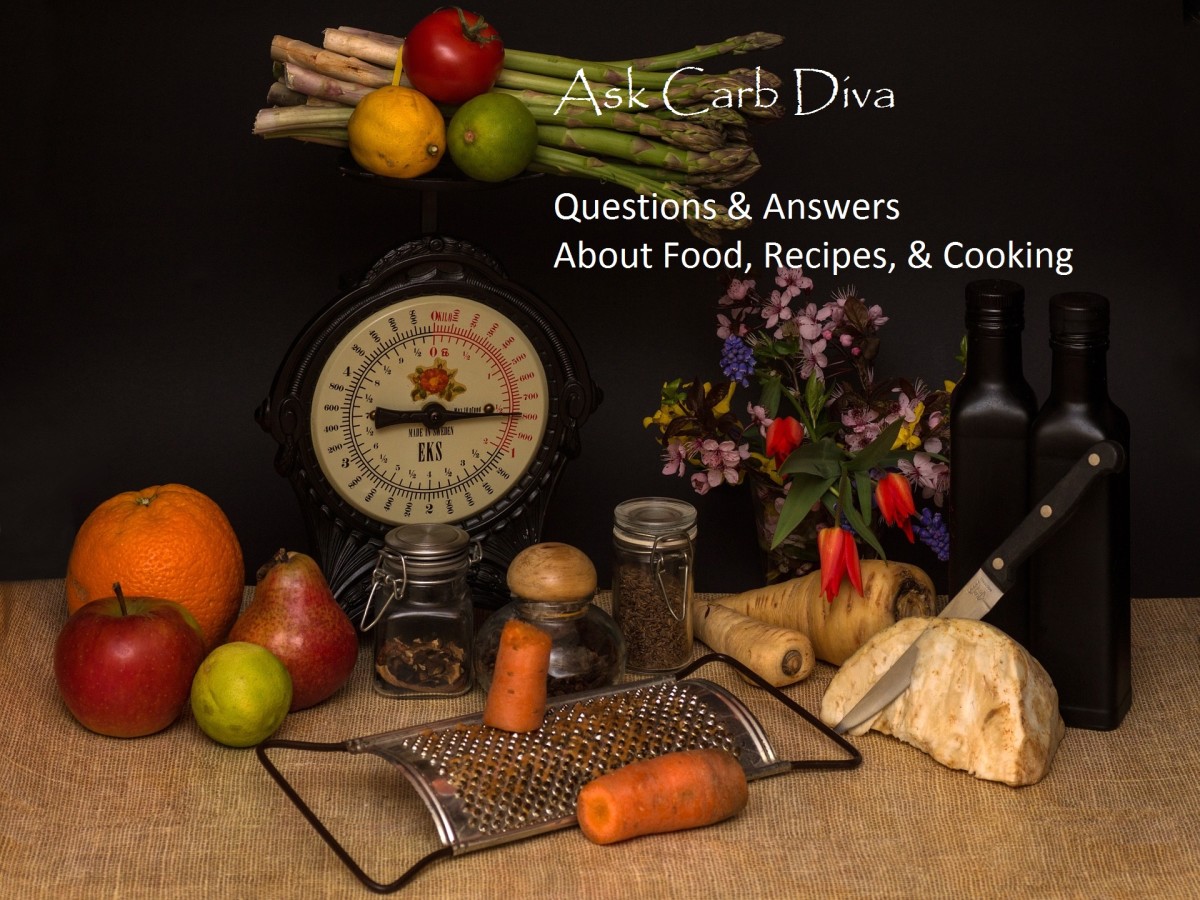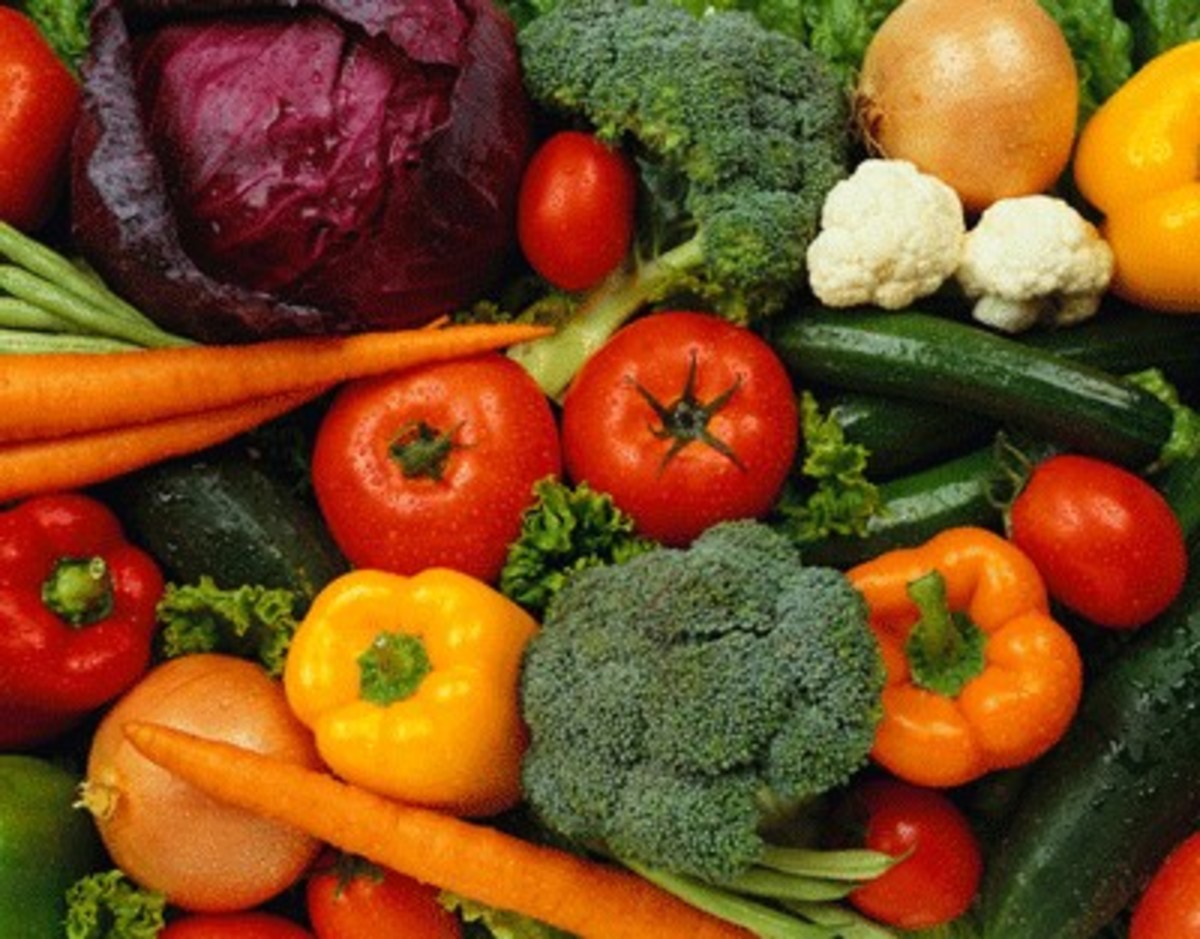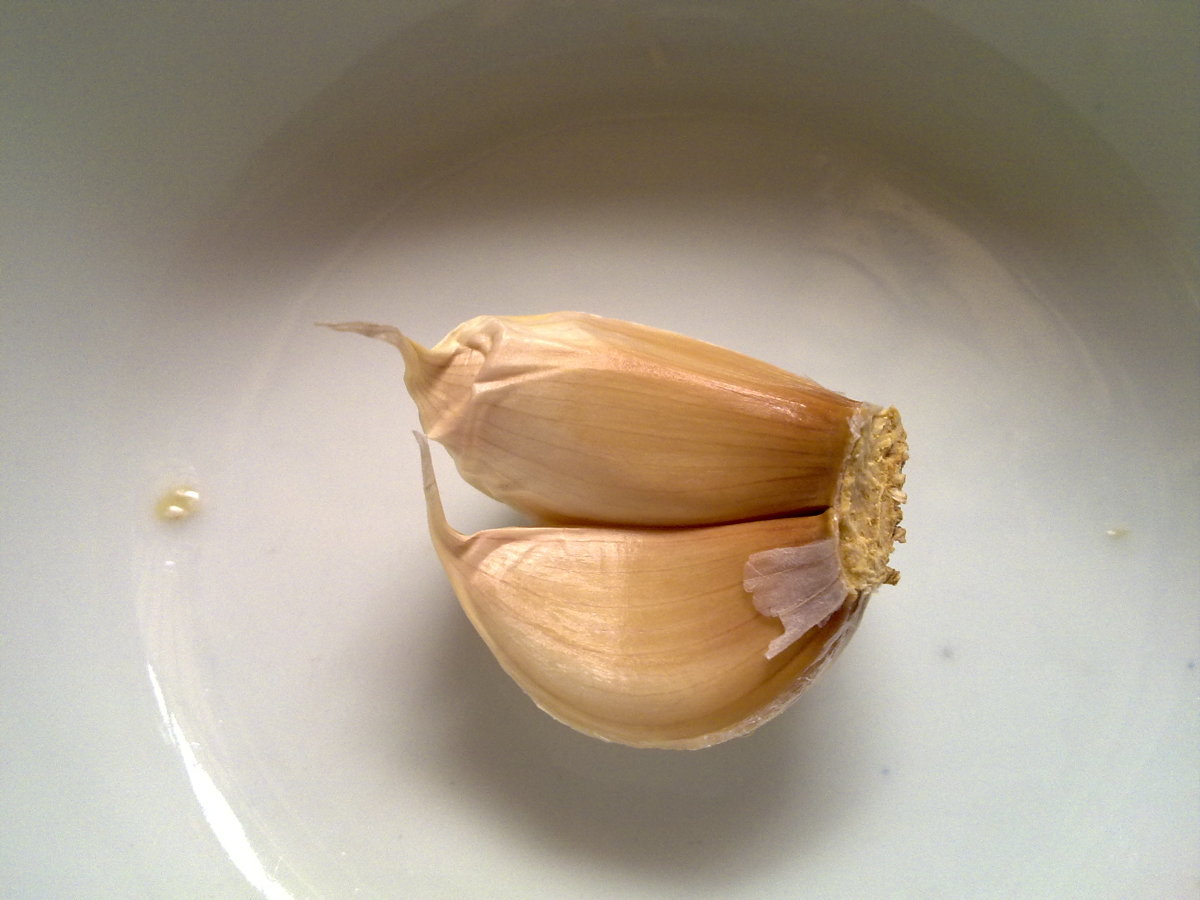Exercise, Hot Climates and Sodium Loss through Sweat

Lack of Sodium? We're Told Low Salt Diets are Good for Us!
Sodium and our water levels are one such example of where our body needs balance. We all hear about the effects of too much sodium - It's a sad fact that most people these days live sedentary lives, often consuming processed foods that contain too much salt (for their lifestyle) - therefore the recommendation by WHO of 2000mg of sodium per day (about 5 grams of salt) is sensible.
However, what about the effects of too little sodium? If your body needs a certain amount of sodium in order to regulate many bodily functions (including dispersing water throughout the body), then it's also possible to have too little sodium too (a medical condition known as hyponatremia). I was one such person to suffer from this condition, confirmed by medical tests in my local hospital.
How on earth did I get to the point of not having enough sodium in my body?! I'm a healthy person - I cook wholefood meals, I exercise regularly. I consider myself to be health conscious. How can it be that I even suffered the symptoms of hyponatremia for many weeks - dizzyness when standing up, muscle weakness, monstrous fatigue? One word: sweat.
Low sodium: a pitfall to look out for if you sweat regularly.
I live in Thailand, and I love to swim and cycle. Particularly with cycling, you can imagine I sweat a lot in such a hot country. Of course, I don't go cycling in the midday sun (despite being an Englishman, I don't like to be with the mad dogs at that time of day!) - I cycle in the very late afternoon / early evenings. It's still hot though, and I sweat tremendously throughout the 90 minutes or so of cycling. I would carry water with me, which on an immediate level, satisfied the dehydration I would feel during the bike ride. However, I would drink just plain water. That meant I was replacing the water I lost, but not the sodium! My black backpack would actually show the white stains of salt that had leaked from my body. In effect, I was losing sodium, while ensuring I was hydrated - thus causing an imbalance between my water and sodium levels. This process was repeated every time I went cycling. Over time, I started to feel more and more fatigued. I would get dizzy when standing up suddenly, wake up too early, suffer muscle weakness and not be able to concentrate so well. In the end, I had to get professional help.
Nutrition and sodium
Now let's talk about sodium intake. It's interesting to note that many traditional Thai dishes are well...rather salty. Unhealthy, right? It depends. Yes, it's unhealthy if you are not sweating much and your kidneys have to deal with all that sodium intake. But let's think this through here...the traditional Thai lifestyle of the fairly recent past was one of physical labour (farming) in a hot climate, long before the invention of air conditioning. It makes sense that the traditional dishes that survive generations are ones that give people the most strength and vigour. Therefore, that extra sodium in a Thai dish helps counteract the sodium lost in excessive sweating.
Of course, everything depends on your lifestyle and how much sodium you are losing through activity / hot conditions. Nowadays, many Thai people spend most of their time in air-conditioned rooms, and have less physical jobs than the previous generations once had. A diet that gave strength to the physical labourer might be unhealthy to the sedentary person living in an air-conditioned room all day.
Conclusion
In no way am I suggesting ANYONE consume more salt. I am not a medical professional, and I cannot offer any advice to any individual other than to consider their own lifestyle and diet in relation to their body's sodium requirements. Consider the following:-
- the climate you live in
- how much exercise you do
- how much you sweat
If you are a big sweater, this article is for you. It's for you to not see salt as a bad thing, but something that you need to consume a specific amount of to counteract the sodium you lose through sweat. This article is merely to bring attention to your body's sodium requirements. For you to take action, of course seeking medical professional advice is your next step.
healthandbeautylistings.org
- Website directory of health and beauty related websites
Andrew Lang is the owner & administrator of healthandbeautylistings.org - please feel free to add your own health and beauty related website (free options available).

